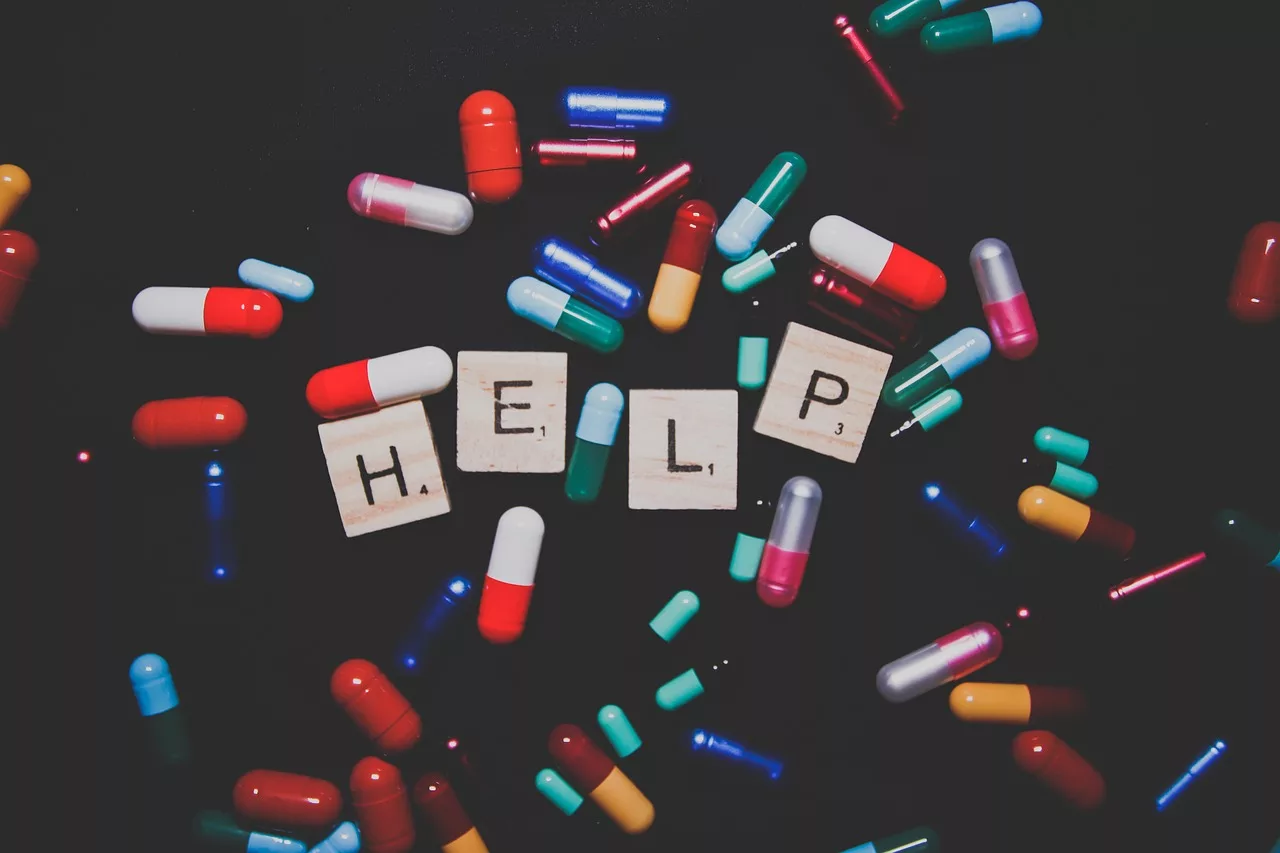People often talk to me about anti-depressants, and whilst I am not a doctor or medical prescriber I thought a blog addressing the basics would be useful. Please bear in mind as you read this blog that I am not intending this as a substitute for professional medical advice. If you have any questions or concerns about anti-depressants I encourage you to consult with your GP.
There are mixed feelings about anti-depressants. In my role as a therapist I’ve worked with lots of people who are taking anti-depressants and say that they find them a great help. They tell me that it gives them a slight lift in mood and motivation which enables them to engage in our therapy where they learn practical tools to overcome depression.
Equally, I’ve worked with a lot of people who don’t want to take medication and prefer to focus on therapy and other approaches instead.
Then there are people who are unsure about anti-depressants – perhaps they’ve been given a prescription but haven’t started taking the medication.
The important thing to remember is that when it comes to anti-depressants there is no ‘one-size’ fits all answer. We are all individuals with the right to make our own choice about our treatment.
What are they?
Anti-depressants are a treatment for depression which is recommended by NICE Guidance.
The two main types of anti-depressants are:
Selective Serotonin Reuptake Inhibitors (SSRIs) e.g. Citalopram and Fluoxetine
Tricyclic Antidepressants e.g. Amitriptyline and Imipramine
Latest figures suggest that 14.7% of the population in England received at least one prescription for antidepressant drugs in 2021/22.
How do they work?
The theory behind anti-depressants is that depression is caused by low levels of chemicals in our brain called neurotransmitters. Neurotransmitters pass messages from one part of our brain (a neurone) to another. Our neurone might release enough of the neurotransmitter but before it can connect with the next neurone along it gets sucked back up. In simple terms, anti-depressants work by preventing neurotransmitters from being sucked back up thus increasing the amount available to us.
Do they have side affects?
As with all medication there are some side affects which people may or may not experience. You may notice these particularly in the first two weeks of taking the medication and then they ease off. It’s important to keep a track of anything which you are experiencing, continue to take the medication as you have been advised and speak to your GP as soon as possible if you have any concerns.
Possible side affects may include anxiety, sleep problems, loss of sex drive, nausea, weight gain and agitation.
Can you become addicted to them?
Whilst anti-depressants are not physiologically addictive, you may experience what’s called a ‘discontinuation reaction’ when you stop taking them. This is why it’s important to take them as advised and to not skip doses. You also need to speak to your GP if you want to stop taking your anti-depressants as they may advise a gradual decrease to limit this discontinuation reaction. Symptoms of a discontinuation reaction may include vivid dreams, insomnia, irritability and flu like symptoms.
Is there anything else I can do?
Anti-depressants are not a magic cure-all, and there are things which you can do to enable them to work better. Get into a good routine of taking them as prescribed. Setting yourself a reminder on your phone might help with this. Avoid drinking alcohol or taking illicit drugs as these can have a negative interaction with any medication and make depression worse. Take practical steps to improve your mood such as accessing CBT or counselling, getting regular exercise and doing what you can to resolve the practical problems which may have led to you feeling low.
I’m not sure about it, what can I do?
It’s perfectly understandable that you feel this way.
Take some time to think and make some notes for yourself. You might want to consider the following questions:
What are your concerns about taking medication?
What might the advantages and disadvantages be for you if you decide to take the medication?
What might the advantages and disadvantages be for you if you decide not to take the medication?
Are there specific questions which you would like the answers to?
Once you’ve taken that time to think about what is important to you arrange to speak to a trusted professional. I would suggest your GP as the first port of call but you may have other options such as your local pharmacy, a psychiatrist, or local nurse prescriber. When you speak with them refer to the notes you’ve made and write down anything they say which you want to remember. You may also wish to take a friend or family member with you for support.
If you are concerned about the financial cost of prescriptions you may be able to save money through the NHS Prescription Prepayment Certificate scheme.
You may also find the following websites useful:

